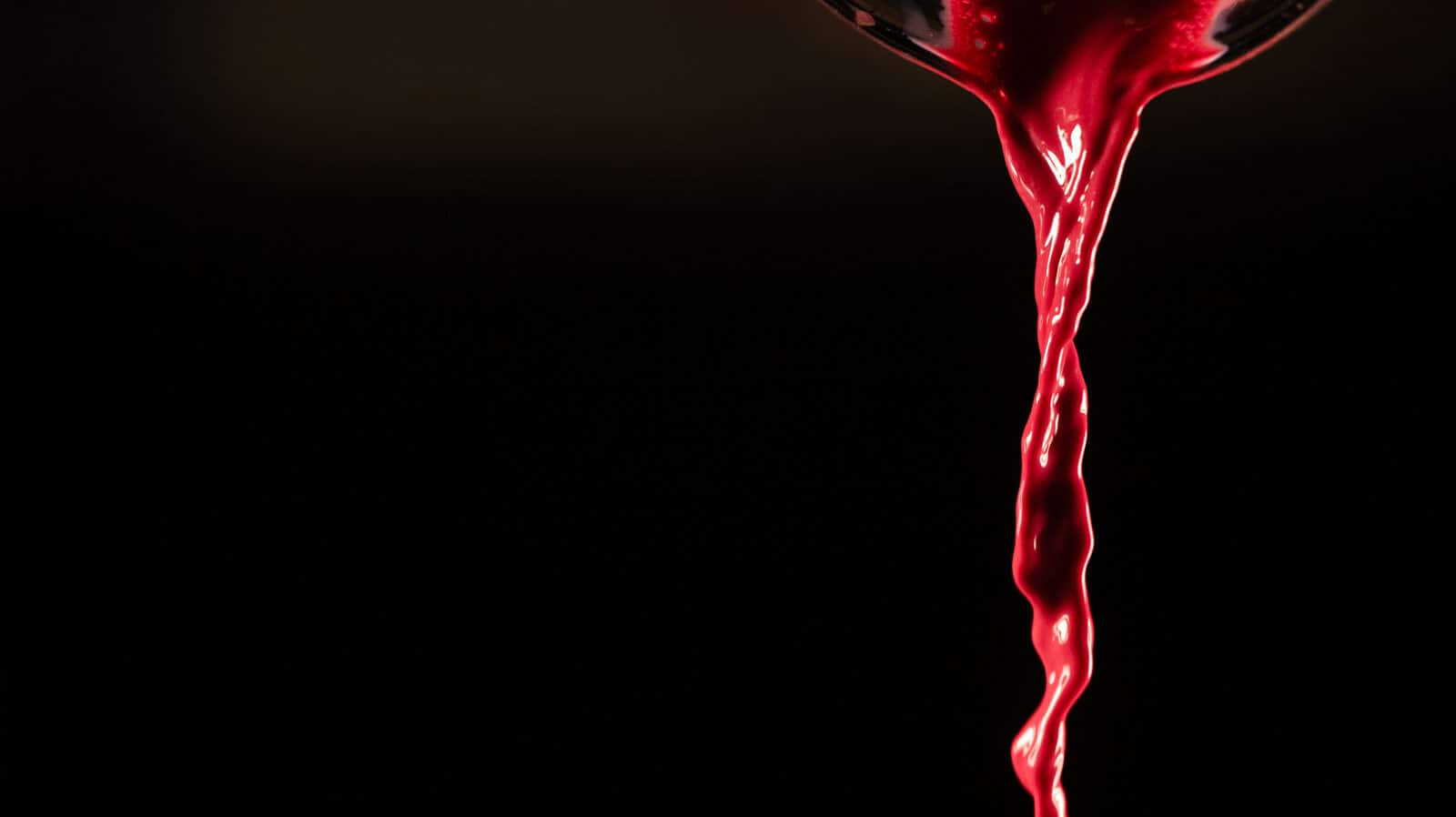
Doctor develops life-saving blood substitute made from recycled hemoglobin
What's the story
Physician and researcher Allan Doctor at the University of Maryland School of Medicine, has developed an unconventional treatment for severe bleeding.
Called ErythroMer, it is an experimental blood substitute made from "recycled" human hemoglobin shod in a membrane to mimic a tiny cell.
It can find use in settings where fresh blood is scarce, such as battlefields and rural areas.
Innovation
A potential solution for blood shortages
ErythroMer, unlike milk or saline solutions, could potentially fill the void left by donated blood which has a shelf life of 42 days.
This artificial "blood" is a freeze-dried powder that is usable for years and can be reconstituted with saline.
Importantly, ErythroMer should be safe for any blood type as its membrane doesn't comprise the red blood cell surface proteins that cause mismatches.
Outlook
The future of blood substitutes
Despite ErythroMer's potential, no human blood substitute is currently commercially available in the US.
Last year, DARPA granted a $46 million fund to a consortium to develop a shelf-stable, field-deployable blood substitute with ErythroMer as its core.
Jean-Paul Chretien from DARPA's Biological Technologies Office noted that "ErythroMer ... is notable for its detailed emulation of natural red blood cell function."
However, previous attempts at creating similar products have faced significant challenges, including severe side effects and participant deaths during trials.
Potential
A promising candidate amid uncertainty
Karina Yazdanbakhsh, Vice President and Director of Research at New York Blood Center Enterprises, has labeled ErythroMer as a "promising" candidate for usage in trauma and other emergency settings.
Despite this endorsement, the success of such blood substitutes is far from guaranteed, due to previous failures in creating hemoglobin-based oxygen carriers (HBOCs).
Nevertheless, researchers remain hopeful about the potential of artificial blood substitutes like ErythroMer.